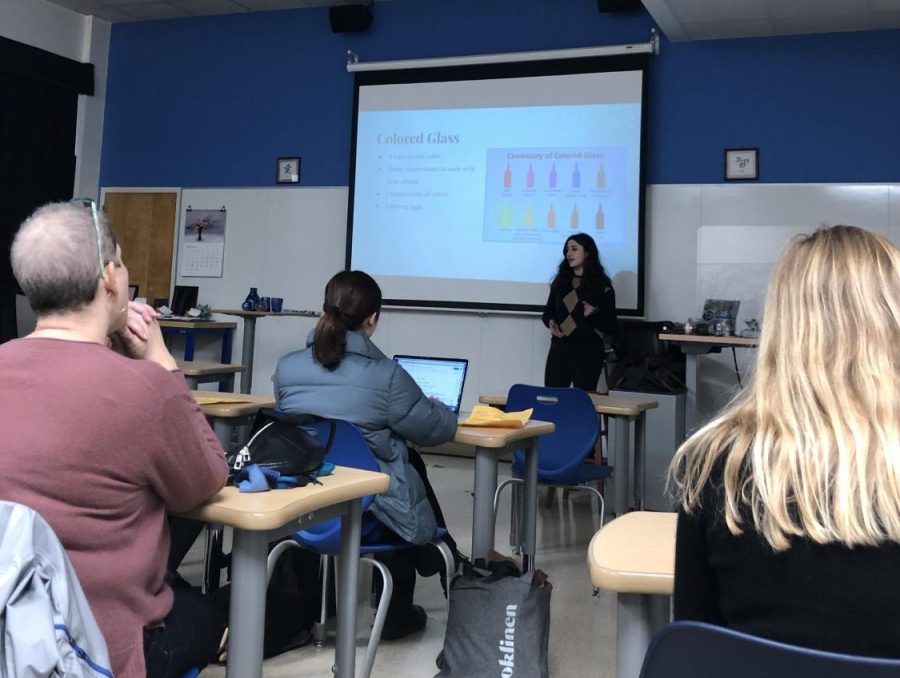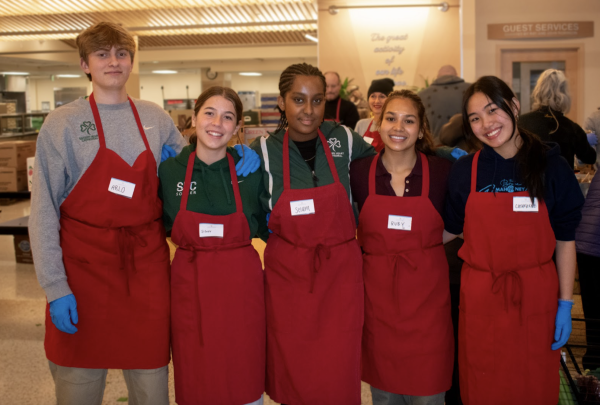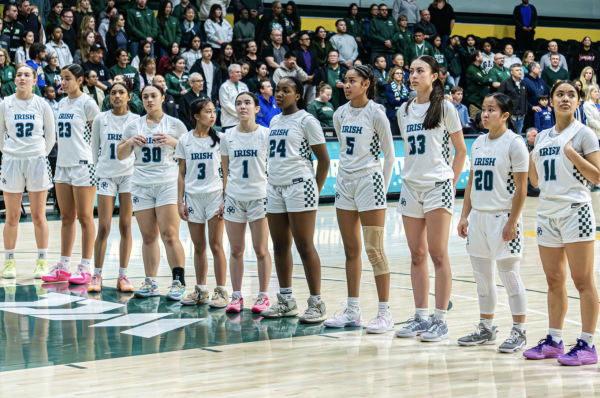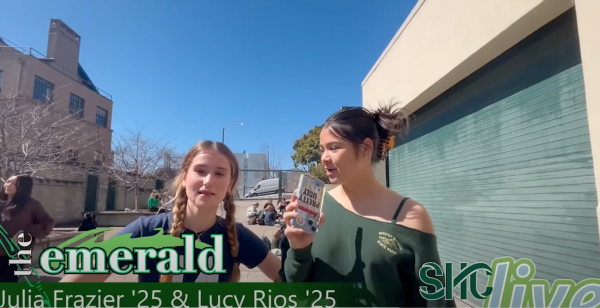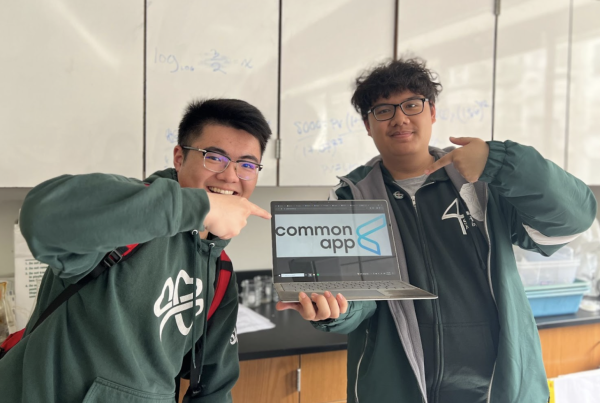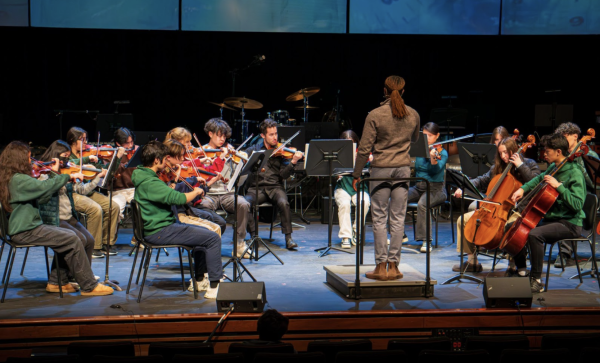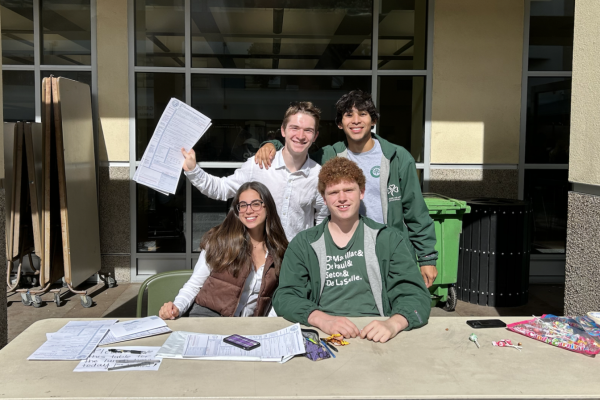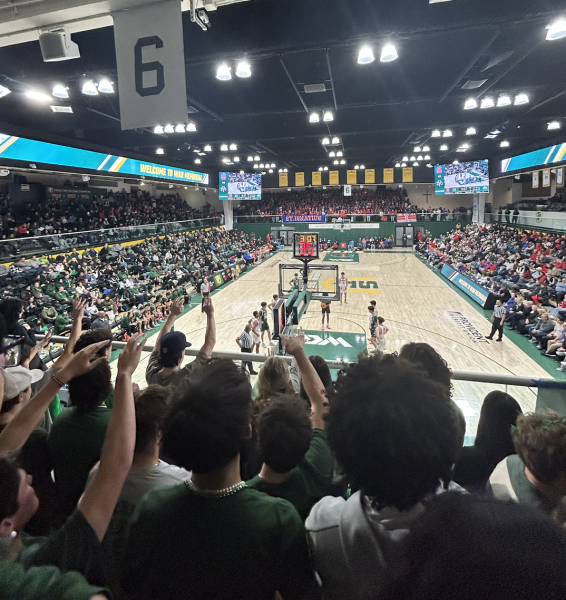“How do we know what we know?”: Senior Seminar January Projects
Widely regarded as one of the most interesting and challenging classes at SHC, Senior Seminar is an interdisciplinary capstone course centered around discussion. In Seminar, students analyze the assumptions and philosophies that underlie their intellectual and spiritual traditions through readings, reflective writing, class discussions, and innovative projects. Seminar protocol, as is outlined in the class syllabus, instructs students to “bring an alert mind, a willingness to learn with and from others, the Seminar reader, and your notebook to class.” The class meets on Wednesday evenings from 6:00 to 9:00 PM to discuss weekly readings, which examine philosophy, sociology, anthropology, and psychology. Mr. Hren, one of the Senior Seminar teachers, commented, “The readings are meant to inform students how to consider reality through all the vantage points that they can look at the human experience from. That can include anything from the nature of an atom to political philosophy. It’s not just about the material, it’s about teaching the students to think for themselves with a wide lens of information about life itself.”
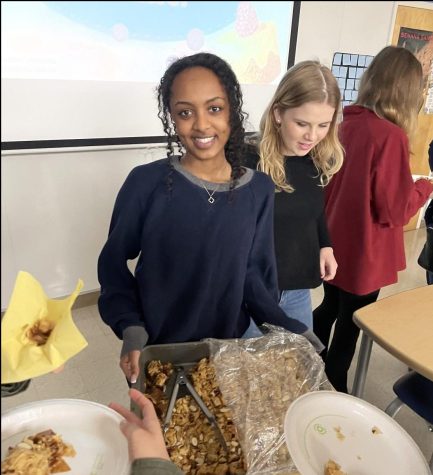
The course culminates in the students’ January Projects: month-long inquiry-based explorations where students deeply explore ideas they are passionate about. The January Projects give students the opportunity to conduct small-scale research on topics they may not otherwise have learned about. As 100-hour processes, the projects combine abstract reflections and inquiries with tangible products. Mr. Hren stated, “The projects begin with a physical product or a hands-on activity that a student has no expertise in already. Students then take that topic and find out about the metaphysical or scientific world that it’s a part of.” For instance, Keira Rao ‘23 is learning how to play chess, and comparing chess game theory to Magic: The Gathering, investigating how to learn new skills based on previous knowledge. Another student, Sam Hudson ‘23, is researching pottery as a representation of gender expression in art history. The projects are a conduit for students to investigate and then articulate their learning of the world.
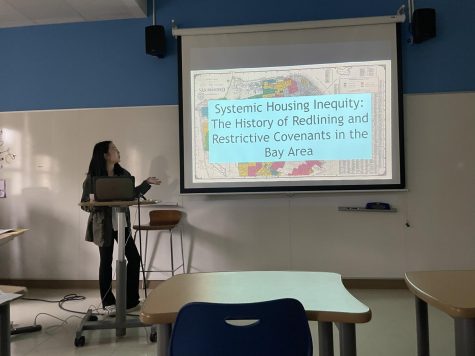
Additionally, the January Projects can function as a form of service, furthering meaningful change in and outside of the SHC community. One student, Scarlett Goh ‘23, is assessing the history of redlining and housing inequality in the Bay Area through interviews. The goal of her project is “to educate people on systemic housing disparity in the Bay Area. These topics are rarely acknowledged in schools.” Mr. Hren views all of the projects as service opportunities because students pass on their learning to the audience. “Any time you go into a world like that, it deepens your experience of life,” he said. “The presentations encourage the audience to be engaged with the world around them in a way that they see deeply when they see something. If someone goes to a student’s presentation, they can leave and then see that topic more deeply in their own life. So it’s shareable.” The January Projects were presented at SHC on Saturday, February 4, from 12:30-5:00 PM, open to all interested SHC students and family members.
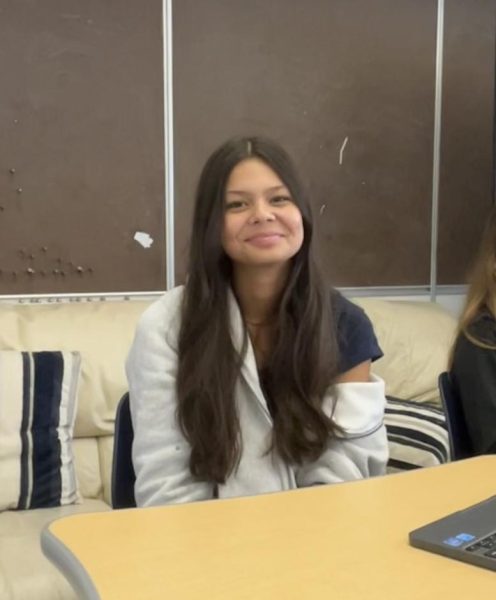
Aurora Chen ‘25 is super excited to be one of the Arts & Culture Editors for the Emerald this year! She is also involved in the Oracle and...
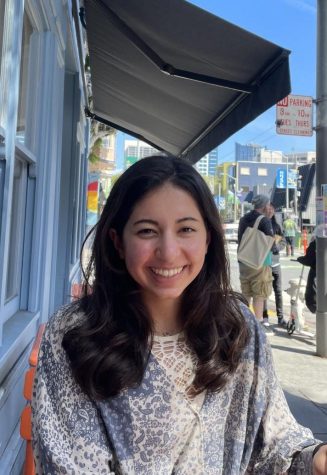
After three years of writing and editing for the Emerald, Atessa is serving as Editor-in-Chief during her final year at SHC. She’s an avid bookworm and...

